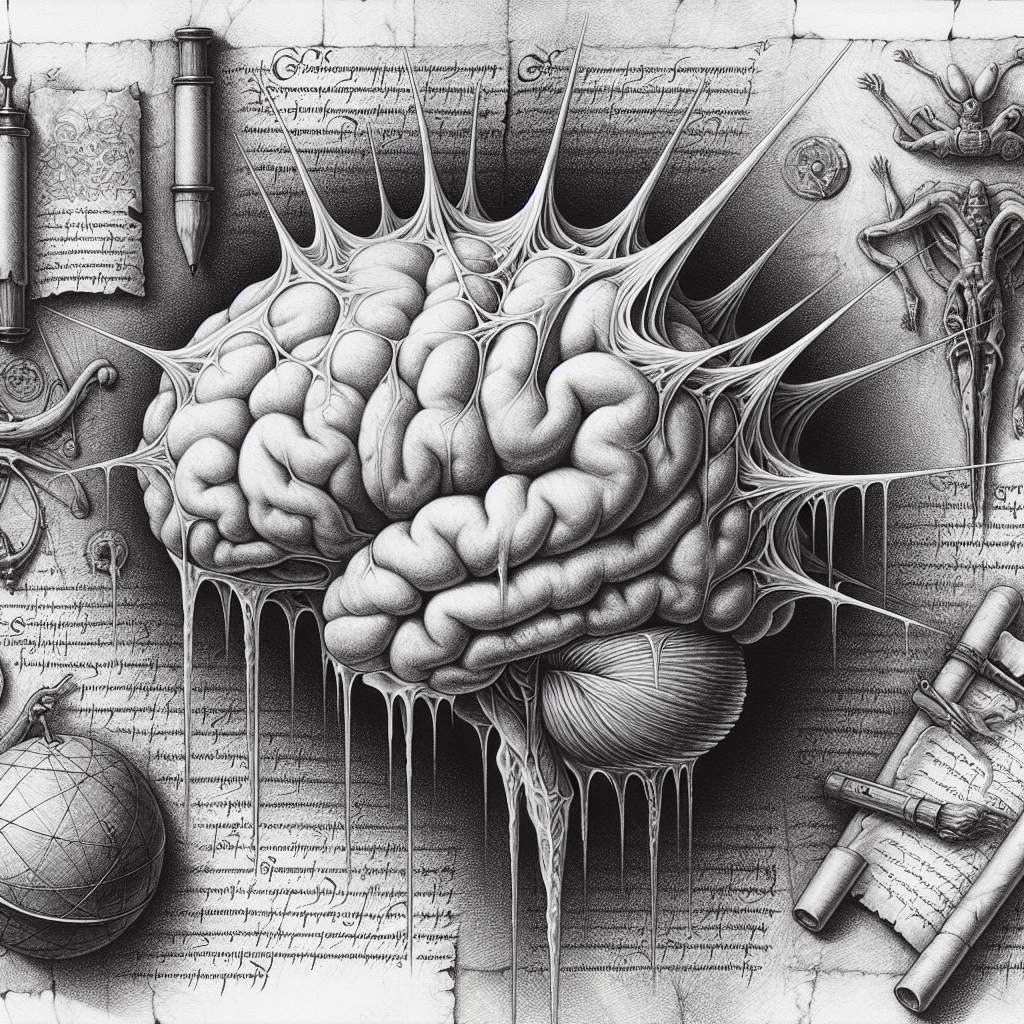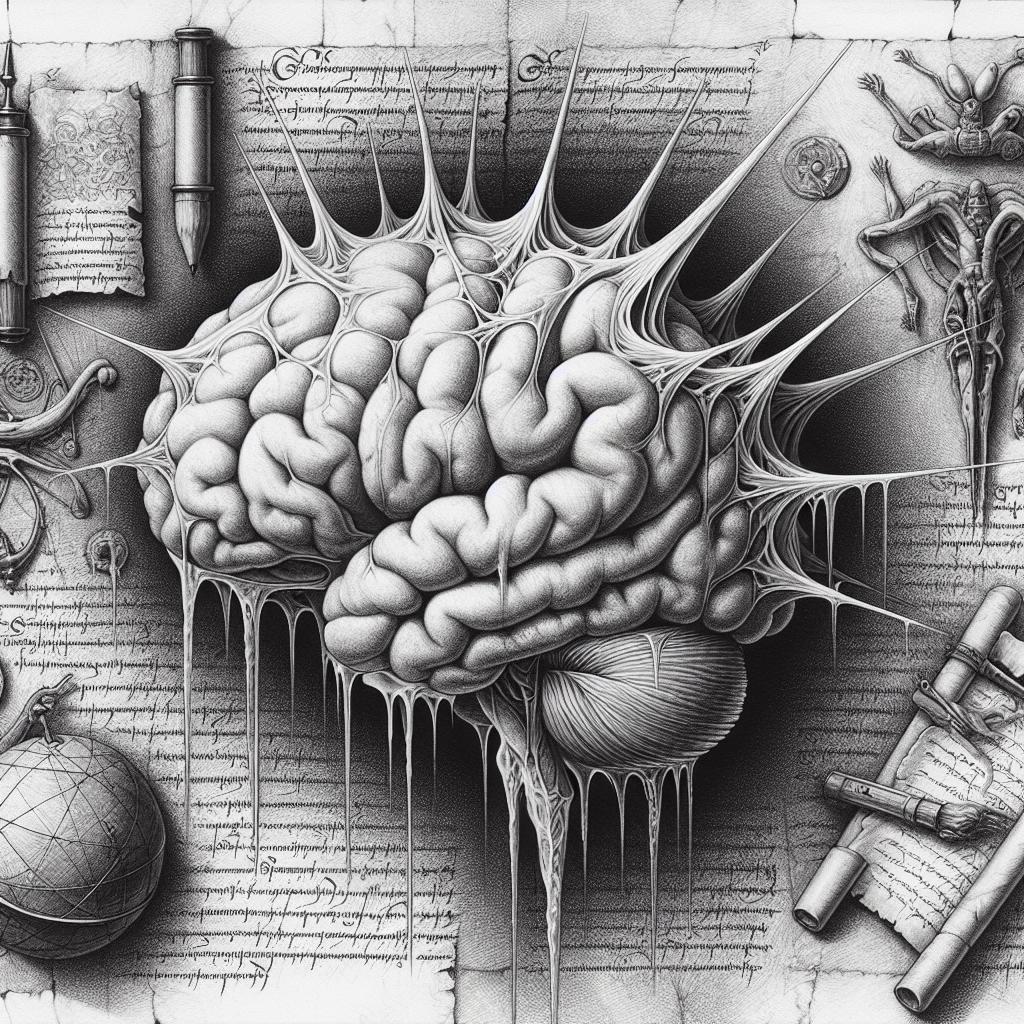The Chilling Mystery of Brain Freeze: Why Do We Get It?
 Quantum Cyber Solutions
Quantum Cyber Solutions

Published on
Friday, May 29, 2020
The Chilling Mystery of Brain Freeze: Why Do We Get It?
===========================================================
Authors

Name
Eric deQuevedo 😄
Twitter
🧊 The Chilling Mystery of Brain Freeze: Why Do We Get It? 🧊
Imagine you're enjoying a delicious ice cream cone on a hot day, and suddenly, you feel a sharp, intense headache that seems to come out of nowhere. This unpleasant sensation is known as brain freeze, and it has puzzled ice cream lovers for generations. But why does brain freeze happen, and what can we do to avoid it? Let's dive into the science behind this chilling phenomenon.
🔬 The Science of Brain Freeze 🔬
Brain freeze, or ice cream headache, occurs when something cold touches the roof of your mouth (palate). This sudden temperature change triggers a series of reactions in the blood vessels and nerves in your mouth and head.
🧠 How Brain Freeze Happens 🧠
- Cold Stimulus: When you eat or drink something very cold, it rapidly cools the blood vessels in the roof of your mouth.
- Vasoconstriction: The cold causes these blood vessels to constrict (narrow) quickly.
- Vasodilation: Almost immediately, the blood vessels dilate (expand) to warm the area back up.
- Pain Signals: This rapid constriction and dilation send pain signals through the nerves to the brain, particularly affecting the trigeminal nerve, which is responsible for facial sensations.
- Referred Pain: The brain interprets these pain signals as coming from the forehead, resulting in the sensation of a headache.
🌡️ Why Does Brain Freeze Happen? 🌡️
Brain freeze is thought to be a protective mechanism. The rapid changes in blood vessel size and the subsequent pain signals may serve to protect the brain from extreme temperature fluctuations. This reaction prompts you to slow down and avoid consuming cold substances too quickly, which could potentially harm the delicate tissues in your mouth and throat.
🥶 How to Prevent and Relieve Brain Freeze 🥶
While brain freeze can be quite uncomfortable, there are simple ways to prevent and alleviate it.
🛑 Prevention Tips:
- Eat Slowly: Take smaller bites or sips of cold foods and beverages to avoid sudden temperature changes in your mouth.
- Warm the Roof of Your Mouth: Press your tongue against the roof of your mouth to warm it up.
- Drink Warm Water: Sip warm water slowly to counteract the cold stimulus.
💡 Relief Tips:
- Cover Your Mouth: Cup your hands over your mouth and breathe in warm air to warm the palate.
- Tilt Your Head Back: This can help reduce blood flow to the brain and relieve pain.
- Massage Your Temples: Gently massaging your temples can help alleviate the headache.
🌟 Enjoying Cold Treats Without the Pain 🌟
Brain freeze is a temporary but intense sensation that can put a damper on enjoying your favorite cold treats. By understanding the science behind it and following a few simple tips, you can savor your ice cream and other chilly delights without the dreaded headache.
So next time you indulge in a frosty treat, take it slow and enjoy the moment, knowing you're equipped to handle any brain freeze that might come your way.
Discuss on Twitter • View on GitHub
Tags
Brain Freeze
Cold
Ice Cream
Biology
Neuroscience
Questions
Previous Article
The Curious Case of Goosebumps: Why Do We Get Them?
Next Article
The Fascinating World of Dreams: Unraveling the Mysteries of Our Sleeping Mind
Subscribe to my newsletter
Read articles from Quantum Cyber Solutions directly inside your inbox. Subscribe to the newsletter, and don't miss out.
Written by
